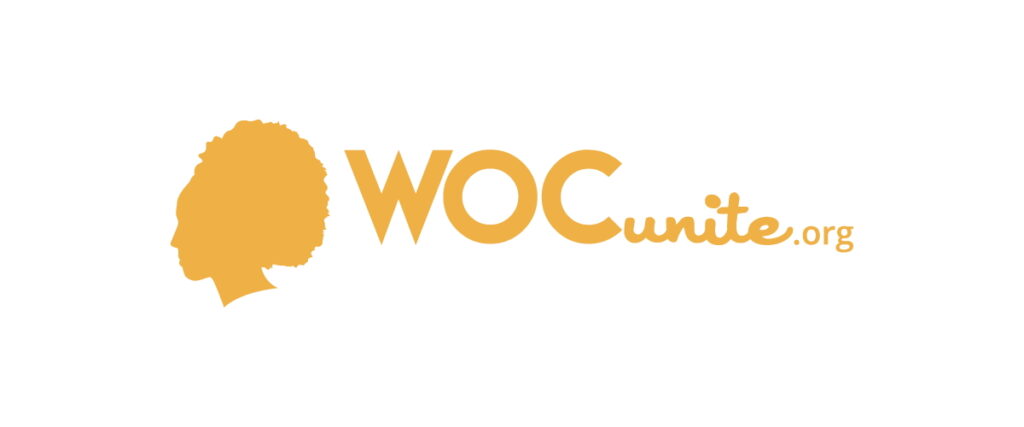Several members of Women of Color Unite (WOCU) have penned a new whitepaper designed to address gender and race biases in Hollywood screenwriting competitions, labs, and fellowships — biases which they argue could affect the trajectory of screenplays entered into such contests.
The document, titled “Screenwriting Contest Transparency,” provides insight into a “culture of inequity that limits opportunities for many writers by perpetuating a tunnel vision view of what type of stories, experiences, and voices a writer should have to be considered ‘good’ or ‘talented.'”
As it explains, with Hollywood seeking more diverse stories, “many agents, managers and producers say they look to screenwriting contest winners for fresh voices. These contests rely on readers to judge whether scripts advance in the competition. Depending on the contest, readers may range from paid industry professionals to amateur film lovers.”
Unfortunately, recent anecdotal experiences shared by writers have highlighted “instances of receiving racist, sexist, homophobic, transphobic, ableist, and/or sizeist notes from contests and coverage services. Such biased notes were perceived as negatively impacting the advancement of these writers’ scripts.”
The paper’s authors, Dani Milton, Via Bia, and Julia Morizawa, say they were motivated to act after growing frustrated with submitting their scripts to competitions and other coverage services, and receiving biased feedback or notes with little actionable value. Explained Milton, “I often received notes that seemed distracted by the gender and/or race of my protagonists and were ultimately unhelpful, as they failed to consider story, structure, characters, or dialogue. I started noticing that my fellow women writers, particularly women of color, were experiencing the same issues.”
“As a freelance script reader, I am constantly baffled by other analysts who provide notes along the lines of, ‘nobody wants to see this story’ or ‘there isn’t an audience for this,’” added Morizawa. “These comments are often targeted at scripts featuring underrepresented groups. It’s a vicious cycle that needs to end.”
The document’s three authors met with Cheryl L. Bedford, Founder of WOCU, to develop a strategy — they carried out research, and surveyed other writers of color about their experiences in order to formulate their Call to Action.
In their call for transparency and accountability, the proposed solutions are: for organizations to issue an annual “Statement of Transparency;” for readers to undergo implicit bias and sensitivity training prior to reading for contests and/or providing notes or screenplay coverage; and for organizations to be more proactive and responsive in dealing with issues raised around biased notes.
The practice of arts organizations holding mandatory unconscious bias training has started to become more commonplace in recent years — in 2018, the British Independent Film Awards (BIFA) introduced their own training which was the first to be designed for watching and judging films. The “Screenwriting Contest Transparency” authors also point to other orgs such as the Tony Awards, the BFI, and The New Orleans Film Society for taking similar steps to building a more equitable landscape for creatives.
The paper’s authors call on writers to take the #WritersMakingChange pledge in support of their proposed solutions and invite fellow scribes to share their own experiences with screenwriting organizations. They also encourage writers to push back when they receive biased notes so that organizations are made more aware of the types of notes their readers are providing.
You can read the 11-page document here on the WOCU website.
Women of Color Unite is a social action organization focusing on fair access, fair treatment, and fair pay for women of color in all aspects of the entertainment and media industries.






